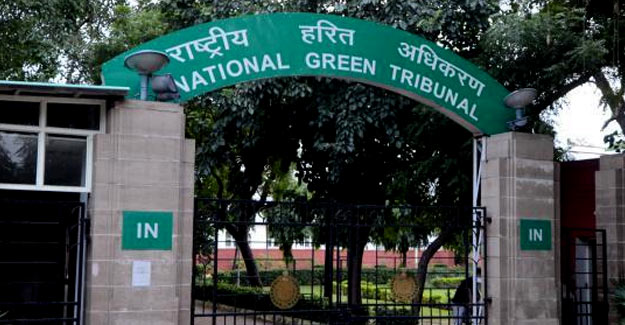NGT Allows Reopening Of Textile Units In Rajasthan
NGT Allows Reopening Of Textile Units In Rajasthan

The National Green Tribunal has allowed the conditional reopening of 578 textile units in Rajasthan's Pali district that had been shut for the last eight months for flouting pollution norms. The Jodhpur bench of the tribunal, comprising Justice Jawad Rahim and member B S Sajwan, permitted the reopening of these industries, engaged in dyeing and printing of cloth, after the units gave an assurance that they would comply with any direction passed by the tribunal.
They also took into account the adverse effect the closure had on the employment and livelihood of workers directly or indirectly dependent on the industries. The prolonged closure had resulted in surreptitious and illegal dyeing & bleaching activities. The NGT has ordered the setting up of a monitoring committee comprising representatives of IIT Jodhpur, the Central Pollution Control Board and the Rajasthan State Pollution Control Board, directing them to submit a report on the next hearing.
"This committee will carry out inspections and surprise checks of the industries and Common Effluent Treatment Plants (CETPs). They will effect disconnection of electricity where the industries do not have any consent to operate or they are not connected with CETP or do not have their own Effluent Treatment Plants (ETPs)," said the counsel for one of the respondents, Pali Water Pollution Control Treatment & Research Foundation Trust.
Besides this, the tribunal has directed the constitution of a district-level taskforce to ensure that no industry functions illegally or in violation of the pollution rules and norms. The taskforce will chart out a surveillance mechanism and take punitive measures against defaulting units. The NGT had ordered these polluting textile industrial units to shut their operations on October 3 last year, while hearing a petition moved by an environmental organisation, Kissan Paryavaran Sangharsh Samiti.
The untreated effluents of these units have long been polluting a seasonal river of the district, the Bandi river, whose water feeds the Nehda Dam. This has severely affected agriculture in the region and polluted the underground water.



 textileexcellence
textileexcellence 







